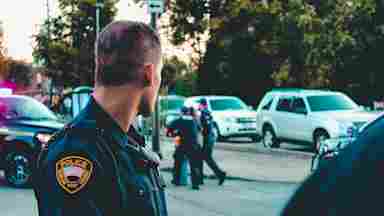
Brain Health as a Dallas Police Line of Defense
Share this article

Jennifer Zientz, MS, CCC-SLP
Director of Programs
Related Information


Brain Health as a Dallas Police Line of Defense
Share this article

Jennifer Zientz, MS, CCC-SLP
Director of Programs
